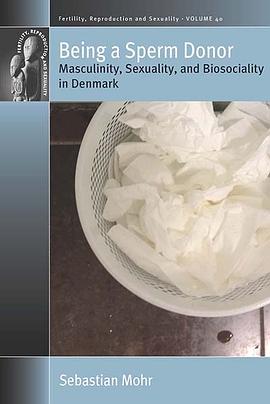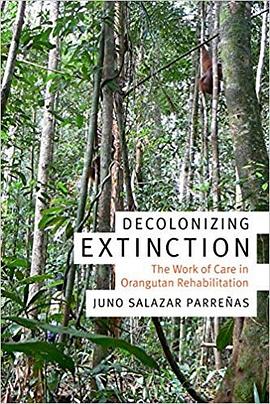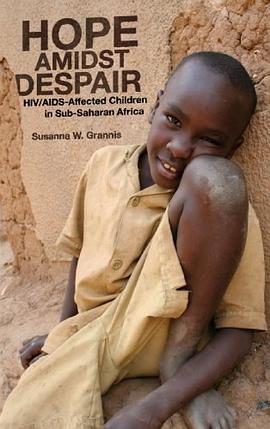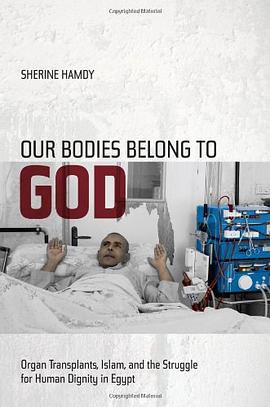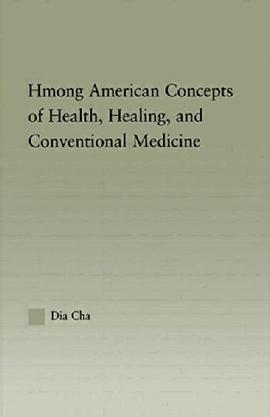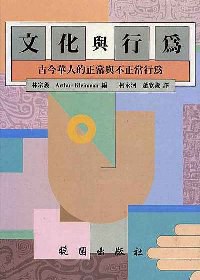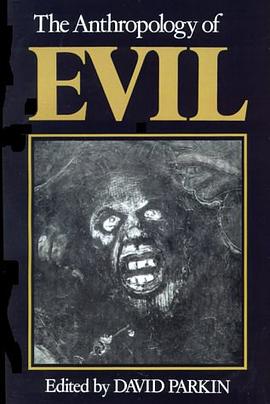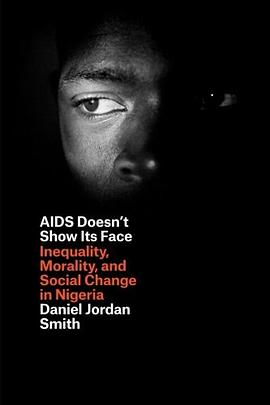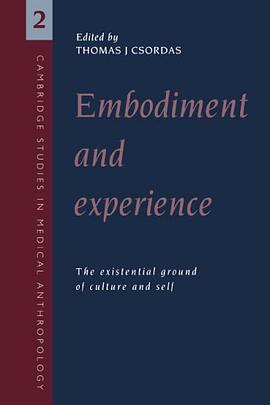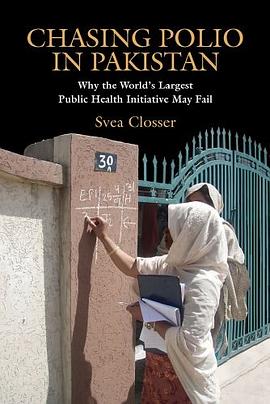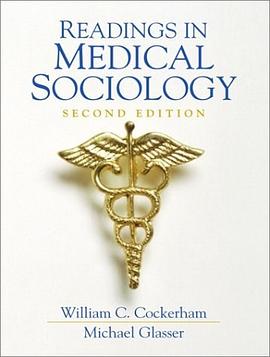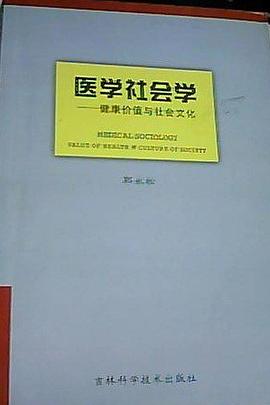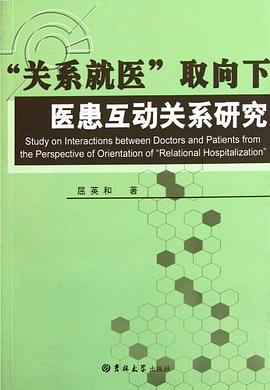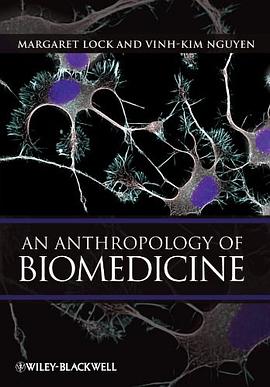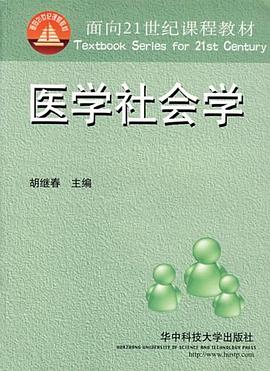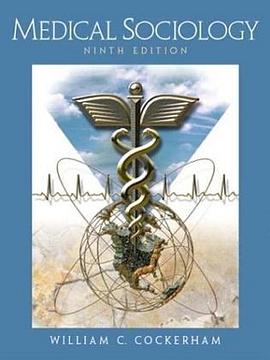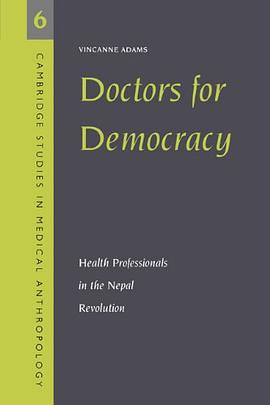

This book examines the role of the Nepali physicians in the revolutionary changes in 1990. These doctors are trained in the Western tradition, and participate in international scientific debates, yet they have always been concerned to develop a form of medical practice that was relevant to Nepali conditions, and which could speak to local conceptions about health, and so their medical practice was always politicized. Vincanne Adams argues that the commitment of these professionals to the values of science, and to public health, was crucial in their political activity, and that ideas and practices associated with the notions of 'democracy' and of 'science' supported each other. Describing her book as 'a story that explores how very fine the line is between politics and scientific medical truth claims', it therefore encompasses both the modern political history of Nepal and the role of medicine in a poor, largely rural, Hindu kingdom.
具体描述
读后感
评分
评分
评分
评分
用户评价
相关图书
本站所有内容均为互联网搜索引擎提供的公开搜索信息,本站不存储任何数据与内容,任何内容与数据均与本站无关,如有需要请联系相关搜索引擎包括但不限于百度,google,bing,sogou 等
© 2025 book.wenda123.org All Rights Reserved. 图书目录大全 版权所有



